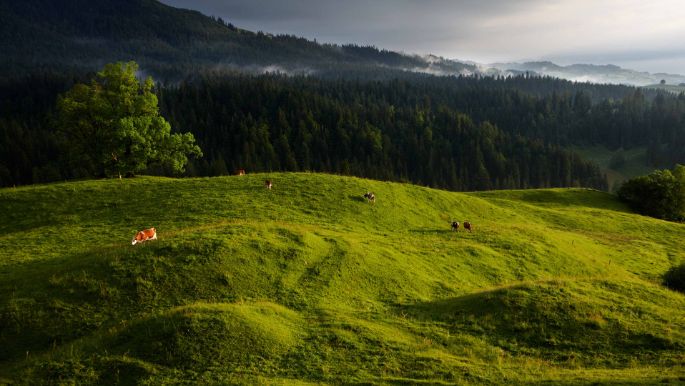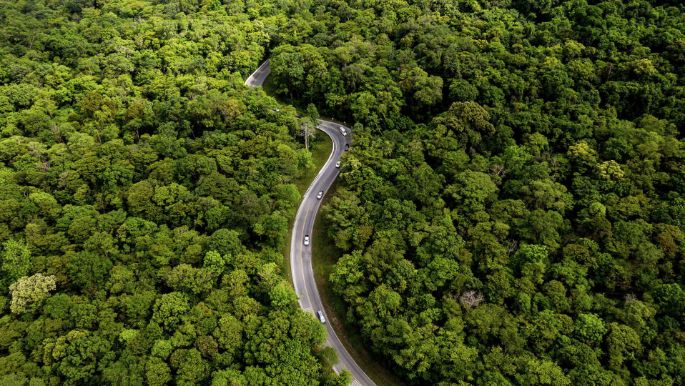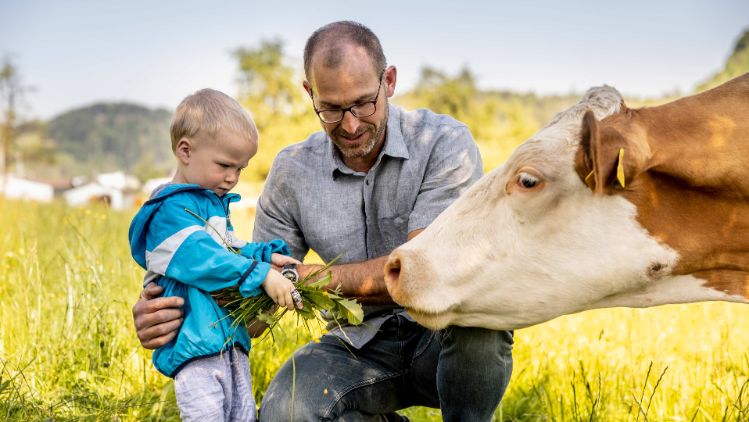
Caring for our communities
We create positive social impact and shared value while striving to make sustainable dairy the norm.
Through our work, we also contribute to social development and count on the commitment of our suppliers and partners every day – from the farmers who supply our milk to our trading partners to the communities where our farms are located. Only by working together will we be able to create long-term added value and successfully develop our business in an environmentally and socially sustainable way.
In rural regions, in particular, we directly and indirectly create substantial added value and support our milk suppliers in a variety of ways to produce more sustainably. In addition, Emmi strives to ensure that all procurement is conducted in accordance with ethical principles and that both human rights and animal welfare are observed throughout the supply chain (Emmi Supplier Code of Conduct). Specific initiatives and partnerships round off our social commitment as a primary provider of safe, high-quality and nutritious dairy products to millions of people.
Our 2027 target
We want to process 100% sustainable dairy worldwide
We want to stand for products made from sustainable dairy – in all the markets in which we are active. To reach this target, all milk suppliers must meet locally above-average standards by 2027. We evaluate this using a scientifically based list of criteria. In our domestic market of Switzerland, where sustainability has long been an important differentiator compared to milk products from other countries, we are committed to further developing the “Sustainable Swiss Milk” industry standard.
> Support for the UN Sustainable Development Goals
We are a pioneer of the “Sustainable Swiss Milk” industry standard. As early as 2016, we set ourselves the goal of only processing sustainably produced cow’s milk in Switzerland. Our efforts contributed to the launch of the joint swissmilk green standard by the Swiss dairy industry in September 2019, which incorporated a large number of our considerations. Swiss milk suppliers must meet ten basic and two additional requirements.
Since February 2024, 100 % of our Swiss milk suppliers have been meeting the requirements of the Sustainable Swiss Milk industry standard and the associated requirements for animal welfare and feed. Emmi supports the gradual further development of the Swiss industry standard. We are convinced that this will create a decisive competitive advantage for Swiss milk and secure the long-term future of the sector.
KlimaStaR Milk project
In 2022, we launched the KlimaStaR Milk project for more climate protection and resource efficiency in Swiss milk production. The joint project with industry partners Nestlé, aaremilch, the Central Switzerland Milk Producers (ZMP) and research institutes aims, among other things, to reduce greenhouse gas emissions by 20% until 2017 in 222 pilot farms.
In the first three years of the KlimaStaR Milk project, the participating companies were able to reduce their greenhouse gas emissions by almost 6 %. Greenhouse gas emissions per kilogram of milk are significantly lower than expected in Switzerland and are also lower than in an international comparison. A further reduction is therefore an ambitious goal that all project partners are pursuing together, given the good starting values. Feed-food competition was reduced by 21 % at halfway and land competition by 13 %.
Reduction of Scope 3 GHG emissions in Chile and Brazil
We are also pursuing a practice-oriented management approach to reducing our Scope 3 greenhouse gas emissions in milk production in Chile and Brazil. The focus is on working with local milk suppliers to measurably reduce the climate impact of agricultural processes, even in regions with different starting conditions, through data collection, analysis and targeted measures. The aim is to scale up successful approaches and expand them to larger supplier pools in the medium term.
Own criteria catalogue and label approach for milk purchased outside Switzerland
By the end of 2027, beyond Switzerland, we want to only process milk that is produced to an above-average local standard. Due to our niche activities in many countries, we rely on commitments in the sector and individual agreements with milk suppliers. In collaboration with experts, a criteria catalogue was developed for international application. The evaluation of local labels also contributes to measuring this objective. With the support of the Bern School of Agricultural, Forest and Food Sciences (HAFL), we evaluate international labels in terms of sustainability using the list of criteria and assess whether the different labels meet our targets.
“Bienestar Animal” certification at Quillayes Surlat
Emmi’s subsidiary Quillayes Surlat in Chile has set itself the goal of ensuring that all its suppliers are certified with the “Bienestar Animal” animal welfare label. The standard, developed by IRTA (Institute of Agrifood Research and Technology) and certified by AENOR, defines the animal welfare requirements that livestock farms must meet. Within these four aspects, 12 different animal welfare criteria are laid down. The farms are audited annually according to the criteria. A total of 84 farms now cover over 94 % of the milk volume. This makes Quillayes Surlat the first South American company to purchase this animal welfare label-certified milk.
“Fondation Vitalait” supports small-scale farmers in Tunisia
“Fondation Vitalait” is a foundation of Emmi’s subsidiary based in Mahdia, Tunisia. It supports small dairy farmers locally in improving their working conditions and incomes through practical initiatives in the areas of feed, animal welfare and education. In total, the foundation has already supported more than 1,000 farmers, and 65 new ones were added in 2025.
Information on current developments can be found in the Sustainability Report

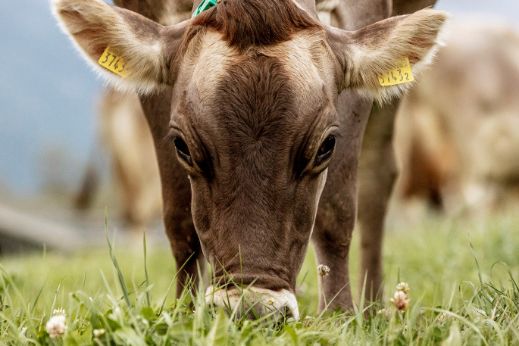
.jpg)
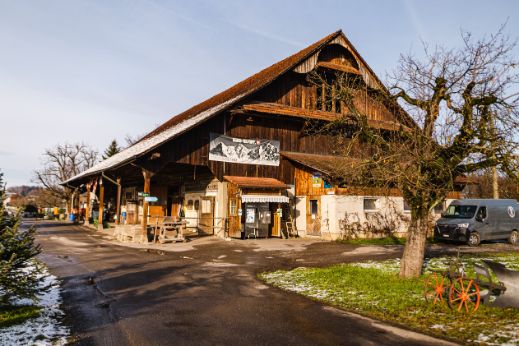
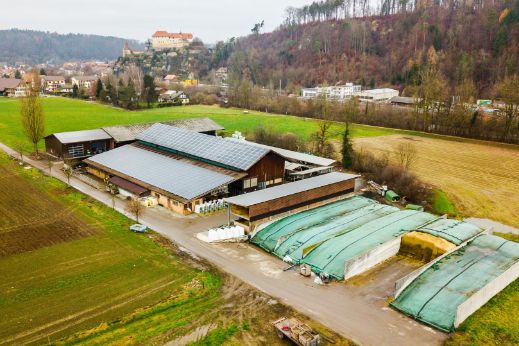
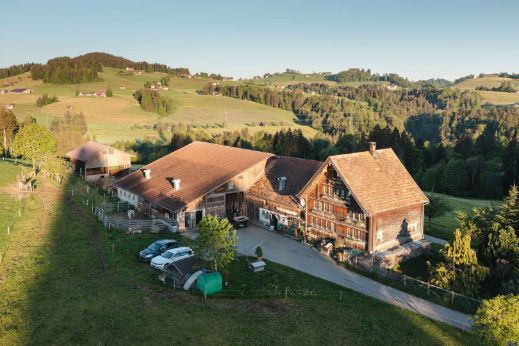
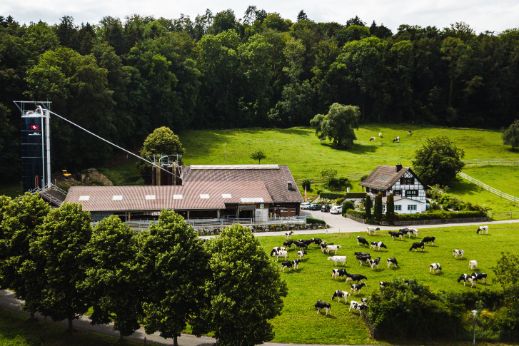
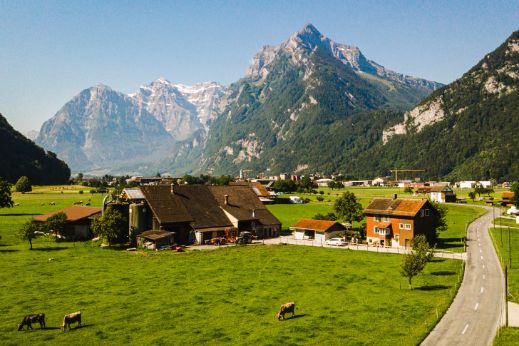
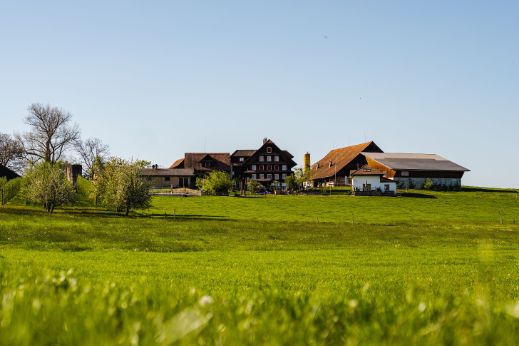
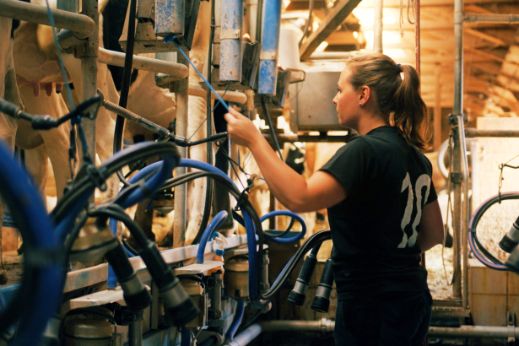
.png)
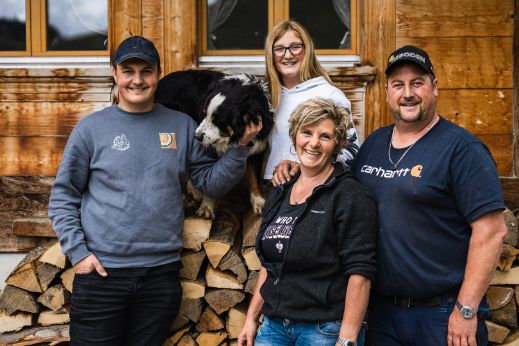
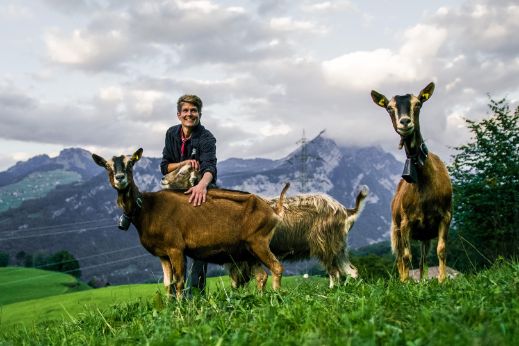
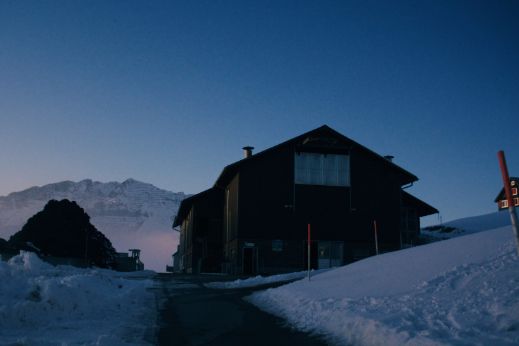
.jpg)
